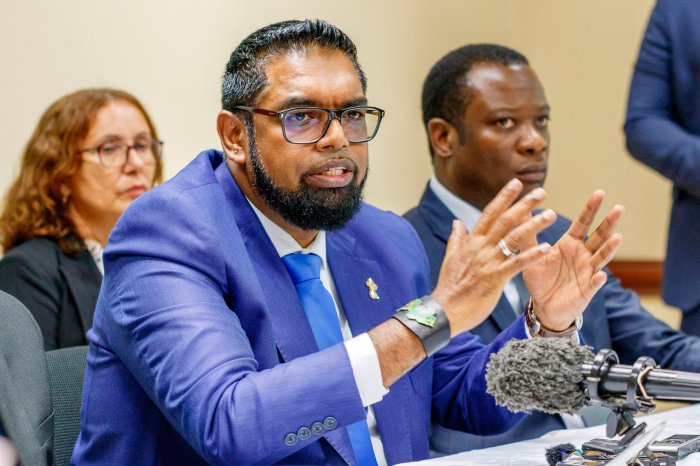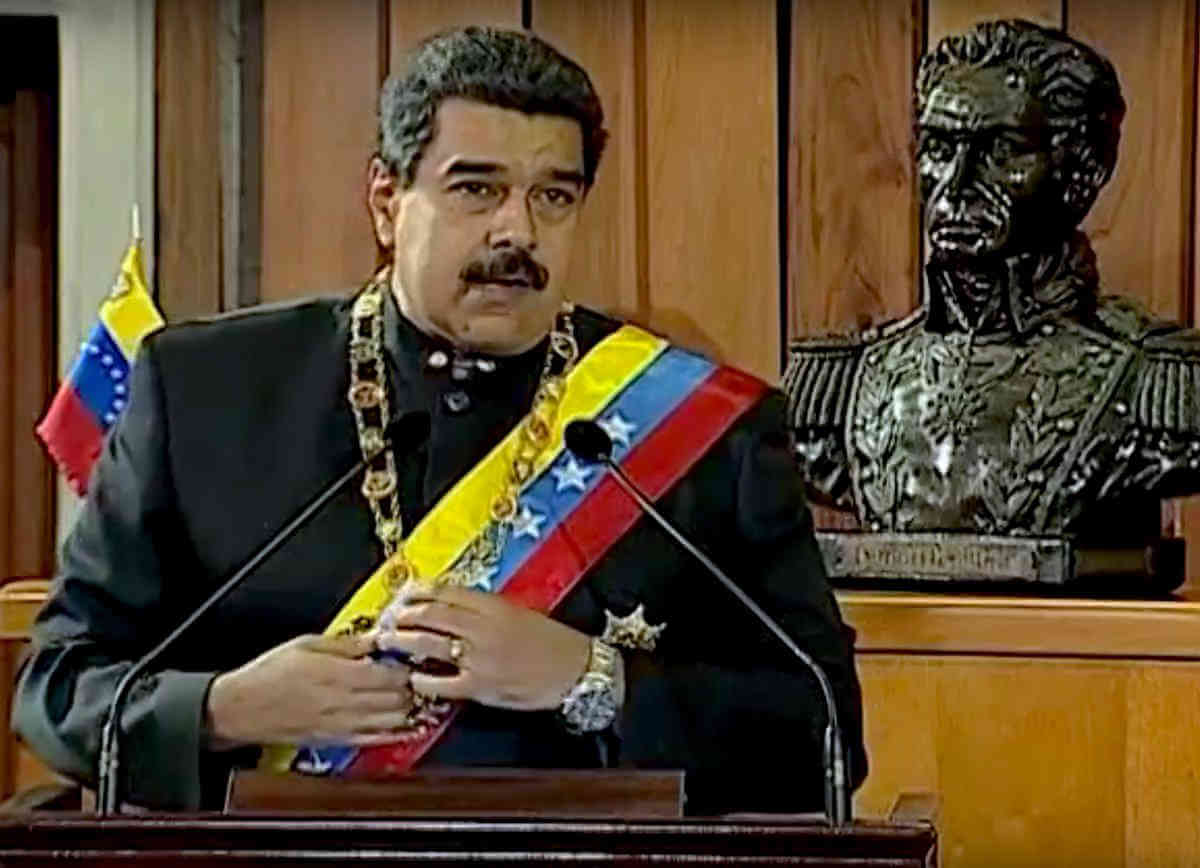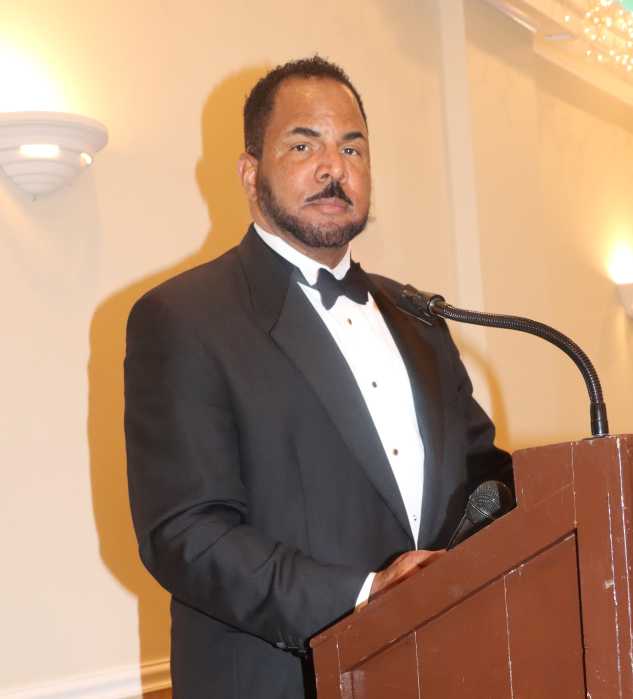After about three months of relative silence, Venezuela is once again ratcheting up its claims to ownership of Guyana’s resource-rich Essequibo region and it appears this has much to do with upcoming elections in Guyana’s neighbor to the west in late July.
In the past week, Venezuela’s President Nicolas Maduro signed a law incorporating and legislatively annexing the Essequibo region following a controversial Dec. 3 referendum that had approved the creation of an additional Venezuelan state called Guayana Esequiba in keeping with the country’s decades old claim to the area, about two thirds of Guyana’s total land mass.
The referendum in December had coincided with threats of an invasion of Guyana, the appointment of a governor of the area, promises to distribute Venezuelan identification cards to Guyanese living in the Essequibo and campaigning for the poorly supported referendum. Tensions were eased when Caribbean leaders, Brazil and the UN forced the two sides to a summit in St. Vincent where they both agreed to do nothing to harm each other.
Now the two are at it again and Guyana is laying the blame for increased tensions squarely at the feet of President Maduro and his administration.

The Guyana foreign ministry dismissed the annexation move as an “egregious violation of the most fundamental principles of international law,” noting that the World Court in The Netherlands is the body which will determine who owns the area. Venezuela on Monday filed its defense to the court on the last deadline day.
“The court’s decision will be final and binding on both parties. If Venezuela wants to contest title to the territory in question, the proper forum is the International Court of Justice, which will decide the issue objectively and according to the law,” the ministry said.
This week as well, the 15-nation Caribbean Community rallied behind its headquarter nation, noting that the promulgation of the law “threatens to undermine peace and security in Latin America and the Caribbean. In its adoption of “the organic law,” the government of the Bolivarian Republic of Venezuela has acted unilaterally, precipitously, and potentially, dangerously. In the process, it has offended “the Joint Declaration of Argyle for Dialogue and Peace between Guyana and Venezuela” of 14 December 2023, subverted international law and signaled a possible embrace of an unworthy aggression to achieve its own articulated goals or purposes,” the bloc said.
As tensions begin to rise again, Guyana has asked the UN’s Security Council to debate this issue at the request of President Irfaan Ali, who is also current CARICOM chairman as Maduro has breached all international conventions. The debate comes just hours after Venezuela had submitted its defense missives to Guyana’s at the court.
Recent Venezuelan polls show that less than 20 percent of the electorate plans to vote for Maduro so Guyanese officials are expecting a ratcheting up of the political rhetoric using the Essequibo to appeal to the emotions of voters.
President Maduro has accused Guyana of conspiring with the US to build secret military bases in Guyana to protect US oil companies producing oil and gas offshore. end/bw


























